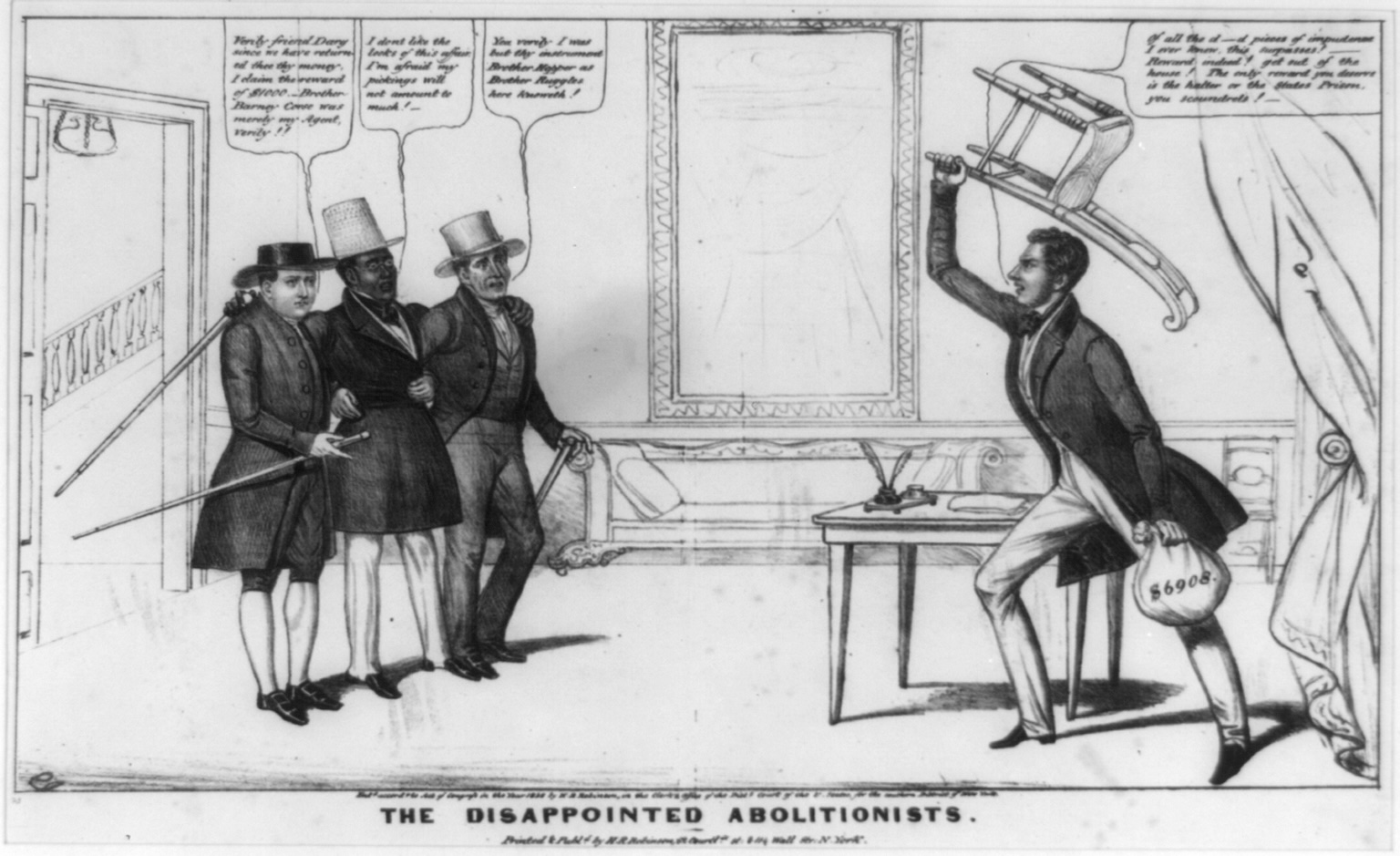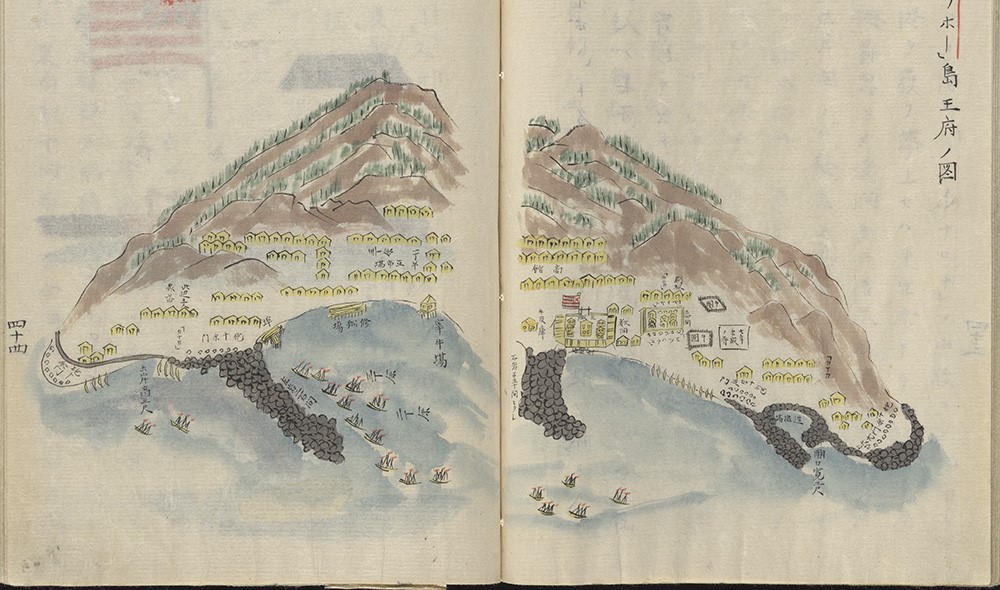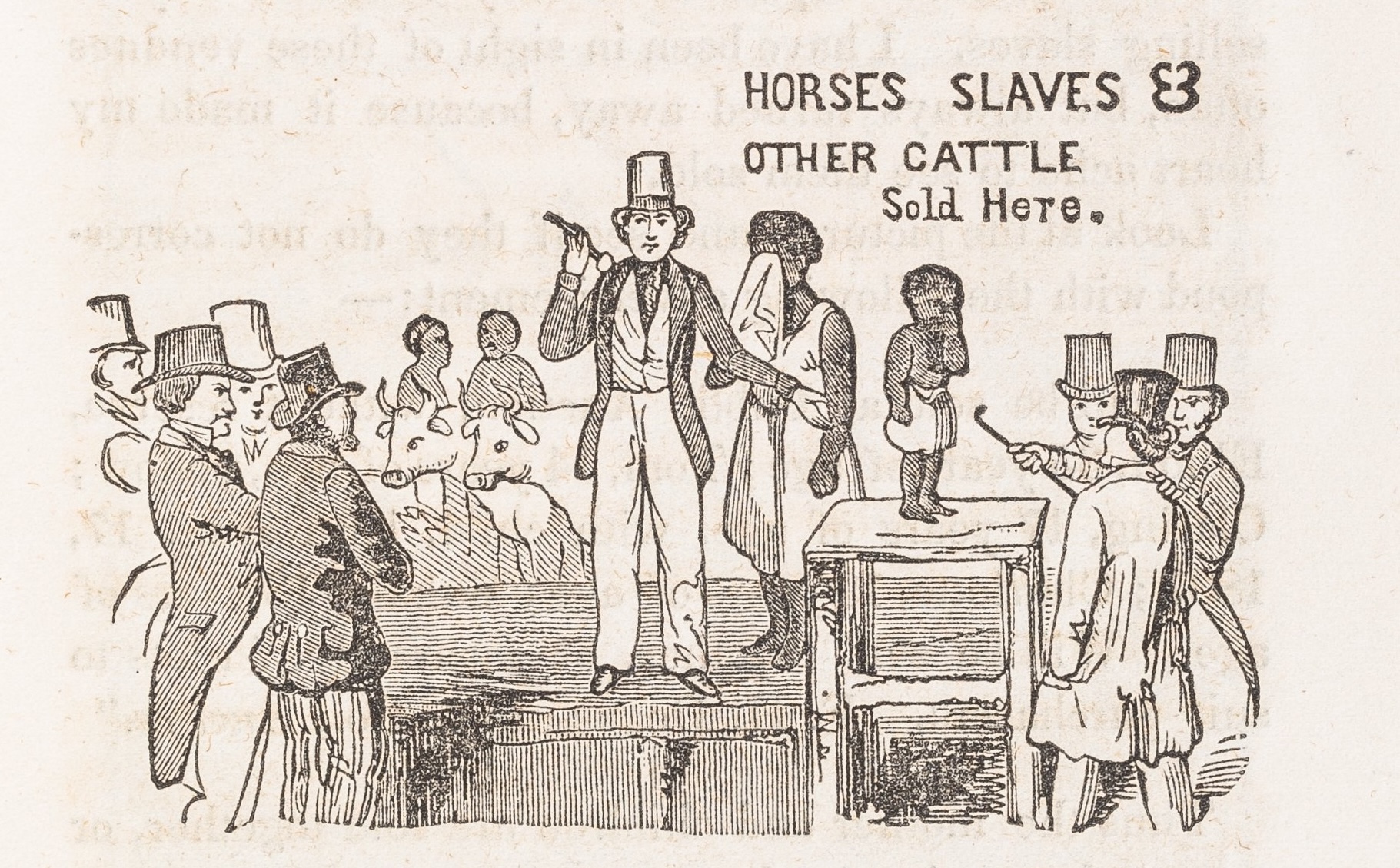For scholars interested in courts and their role in American political development, the aftermath of the two most striking recent American political events poses some deeply unsettling questions. The first event was the U.S. Supreme Court’s decision in Bush v. Gore, which effectively settled the 2000 presidential election in favor of the candidate who received fewer votes nationwide. The second event was what we now call, a bit glibly, “9/11.” What’s unsettling for scholars of law and American constitutional development is that the second event seems to have almost wholly eclipsed the first.
Domestic and world politics are being greatly affected by the broad-ranging responses to the September 11 attacks. Ongoing responses to Bush v. Gore are less apparent. Neither President Bush, whose poll ratings recently were at record highs, nor the U.S. Supreme Court, which continues to decide cases and sometimes strike down laws and overturn precedents much as before, seem affected by Bush v. Gore in any major way. Recent scholarly discussions suggest that, though every law professor, “public law” political scientist, and constitutional historian felt impelled to weigh in on the case in the first few months of 2001, in 2002 it no longer appears to have the great historic significance many of us accorded it a scant year go. Put bluntly, of these two stunning events, “our” event, the Supreme Court decision, now seems not such a much.
But historical judgments require both perspective and ongoing reexamination; and on this topic we need to probe further, not call off the hunt. Commentators were not wrong to think that Bush v. Gore would have enduring importance for many scholarly debates, and I believe it may have even more far-reaching implications than those commonly noted. It suggests much about the standards for governmental legitimacy that actually prevail now and that are likely to prevail in the years ahead.
What are the established debates to which Bush v. Gore seems clearly relevant? Here are some:
- Do courts have meaningful independent power in the American constitutional system, or are they essentially instruments of more powerful political forces?
- Do courts exercise whatever power they have in ways that express the dictates of authoritative legal sources, or their own ideologies, or their own partisan preferences?
- Have courts acquired more power over the course of American constitutional development, and if so, will Bush v. Gore diminish or expand that power?
- Have courts become more ideological and partisan, less bound by the rule of law, over the course of American constitutional history, and if so, will Bush v. Gore work to moderate or heighten those trends?
- Is the American constitutional system meaningfully democratic, or is it a system that confines its democratic elements within such elaborate systems of indirect representation and checks and balances that it effectively preserves domination by established elites?
- Will Bush v. Gore work to make American constitutionalism more democratic or less democratic?
In addition, I suggest, there is a broader academic and political debate about what actually constitute and what should constitute the proper standards for legitimate government today. Francis Fukuyama’s The End of History famously suggested that in its essentials, this debate was settled with the fall of communism: though specific conceptions are sharply disputed, virtually all the world now agrees at least rhetorically on values of democracy and the rule of law that incorporates basic human rights. Strong scholarly currents in modern law, political science, and philosophy similarly suggest that agreement on procedures embodying those values must be the touchstone of political legitimacy today. Around the globe, efforts to craft new political systems that include some form of allegedly meaningful democratic elections, independent judiciaries, and even transnational representative bodies and courts, are gaining ground. So Jürgen Habermas and others have argued that humanity’s political future may well be defined by new forms of “world citizenship” involving overlapping memberships in multiple semi-sovereign political communities that embrace democracy, human rights, and the rule of law.
Those speculations on future history may seem well removed from Bush v. Gore, but I will argue for some real connections–after first going through the case’s significance for these other debates, many with historical dimensions. I will rely throughout chiefly on the most thorough, balanced, and convincing study of Bush v. Gore to date, Howard Gillman’s marvelously readable The Votes That Counted.
The Power of Courts
On the first debate, the power of courts, judicial scholars surely are entitled to claim some vindication of the importance of their objects of inquiry. If the Supreme Court had not decided Bush v. Gore, then the struggle over the election would probably have continued far longer, perhaps including a statewide recount, designation of rival electors by the Florida legislature, and contests in both houses of Congress over which Florida electors to recognize. The outcome of those battles cannot be foreseen. Perhaps all would have come out much as it did, but perhaps deeper divisions and a greater constitutional crisis would have emerged, and perhaps Al Gore might even have become president. Though one can question just how different Gore is from Bush in the big picture, it obviously matters a great deal to many people that Bush, not Gore, is in the White House today; and it is hard to tell the story of the 2000 election in a way that does not affirm that Bush v. Gore really mattered for that result. It is also hard to deny that the Court exercised meaningfully autonomous power here. Initially only a few Bush partisans, at best, thought the Supreme Court could or would get involved in the Florida election disputes, but they did, decisively; and no one made them do it.
Did the U.S. Supreme Court and the other courts involved in the election disputes simply adhere to the rule of law as they saw it? Did they follow their own political and legal ideologies, even at the expense of the clear meaning of authoritative legal texts? Or worst of all, did they ignore text and ideology and simply vote for the party they preferred? Gillman’s work focuses on this issue. He argues persuasively that the Florida courts and the lower federal courts, though doubtless influenced by ideology, did not vote consistently enough for their fellow partisans to give the last explanation great resolving power. But he does not reach the same (arguably) reassuring conclusion in regard to the five justices of the U.S. Supreme Court who determined the result in Bush v. Gore.
He finds that on every issue–in their initial ruling that the Florida Supreme Court could not judge Florida election disputes with reference to the state constitution, only by reference to state statutes; in their order stopping the statewide manual recount because it might irreparably damage Bush, without regard for Gore; and in their final ruling that the conduct of that recount violated the Equal Protection Clause, and that further recounting was impossible because it had to be complete under Florida law by December 12, the day Bush v. Gore was handed down–each time the conservatives voted in favor of Bush. And they did so while adopting novel legal doctrines: The Constitution’s Article II means that in structuring federal elections a state legislature is not bound by the state constitution that authorizes all its powers? Equal Protection prevents a court from permitting in recounts the sort of discretion and variation that occurs in elections? The December 12 deadline is mandatory even though it is specified in no Florida statute, just because the otherwise pervasively mistaken Florida Supreme Court indicated that it was? All these rulings were very fresh news to most constitutional scholars. They also depart from the main thrust of the conservative justices’ previous holdings, for they have often preached great deference to state authorities and restrictive readings of the Equal Protection Clause in most nonracial contexts. Hence Gillman concludes that in general, courts cannot be accused of purely partisan voting in regard to the Florida disputes, however debatable some of the Florida Supreme Court’s rulings might be; but the most important court, the U.S. Supreme Court, can be so accused.
The Power of Partisans
But if Bush v. Gore suggests that courts do matter, and that the U.S. Supreme Court, at least, may have acted in partisan fashion here, what does the case suggest for the historical issues concerning judicial power and partisanship? Given the essentially nonexistent institutional role of the U.S. Supreme Court in earlier disputed presidential elections, and given its expanding role in voting disputes such as apportionment since the 1960s, it seems fair to claim that Bush v. Gore indicates that some measure of “judicialization” of American politics is real: courts have become more likely to play a meaningfully autonomous role in important electoral disputes, at least, than in the past. Whether this Supreme Court or courts generally are more partisan than in the past is harder to say, but Bush v. Gore suggests at least that this question ought to be on our agendas. All the more so because of the undeniable fact that there we do not have a great, raging controversy over the decision today–for that fact suggests that, contrary to some initial predictions, Bush v. Gore may actually work to make judicial power and partisanship more routine and politically acceptable.
The general willingness to abide by the decision also has significance for debates over how meaningfully democratic the U.S. political system is, because it underlines how extensive acceptance of its undemocratic elements is. This was, after all, a decision by a distant, nonelected national court, overriding a state court over which state voters exercise a measure of control. It permitted the election of a candidate who indisputably was not the democratic winner nationwide. And it could do so because the American political system includes the electoral college, an institution that is hard to defend from premises of democratic legitimacy. As many scholars have shown, the Constitution’s structures of representation arose partly from a compromise in which northerners and easterners got national power to promote commercial growth in exchange for overrepresentation of the slaveholding states in Congress, and thus in the electoral college. Slavery is in the past now, and the college’s defenders today argue first, that it often helps produce candidates who win a majority of the states as well as a majority of the popular vote, and second, that it rarely matters much to the outcome. All true; but those points do not alter the fact that when the college matters most, it selects candidates most people don’t want, so that (for good or ill) it is irretrievably undemocratic.
The 2000 election has sparked what I view as salutary national legislation to make voting processes throughout the country more accurate, as well as similar reforms on state and local levels; and to some degree as yet unclear, Bush v. Gore has led to litigation that raises Equal Protection claims in electoral and other contexts and insists that federalism concerns should not prevent their adjudication. It is certain, then, that the 2000 election and Bush v. Gore have inspired efforts to make the American political system more democratic, with some real results. But, even though the election showed that American democratic processes are far more inaccurate than they need be, no truly sweeping reforms are on the agenda; and some undemocratic elements built into the constitutional structure, including both the electoral college and the power of the nonelected national judiciary, appear to have been effectively ratified and reinforced, not weakened, by these developments.
Prerogative Power
How do we make sense of the widespread acceptance of Bush v. Gore? Though some lawyers and political scientists like George Mason University’s Peter Berkowitz (who is both) have attacked criticisms of the decision as excessive, most of those who approve of the case’s electoral result have not tried to defend the Court’s reasoning. More conservative judges, lawyers, and political scientists like Richard Posner, Richard Epstein, and John DiIulio have instead generally dismissed the Court’s Equal Protection arguments as opening a Pandora’s box. Some have placed more weight on the claim that Article II of the Constitution gives state legislatures special authority to structure federal elections that state courts must not thwart. But this contention lacks all support in precedent; it involves interpreting the term “legislature” in Article II far differently than the Court normally reads related terms like “Congress”; and it seems paradoxical to treat a legislature as having authority independent of the constitution that gives it legal existence.
Most defenders of Bush v. Gore have therefore relied on an extralegal argument. The decision may not be very firmly grounded in law; but, they contend, it was necessary to avert a constitutional crisis and thereby serve “the good of the nation.” The decision thus becomes an example of what John Locke referred to as the “prerogative power”: a “power to act according to discretion, for the public good, without the precept of the law, and sometimes even against it.” I have previously argued that, given the limits of law, there can be judicial decisions that should be labeled “prerogative power” decisions, unconstitutional yet good. The test for such decisions is whether they really are seen in retrospect as doing more good than harm, even given the harm that they may do to the rule of law or to judicial credibility.
The fact that much of the public seemed relieved to have a virtually tied election resolved, the decline in wrangling over the decision among politicians and academics, and the unquestionable broad public support for President Bush, especially after September 11, all combine to suggest that Bush v. Gore was indeed such a “prerogative power” ruling. I confess I remain inclined to dissent. As Gillman stresses, that view assumes, without any real evidence, that the elected branches would have made things much worse if the Court had not intervened; and so it expresses a deep distrust and aversion for the messiness of democratic politics. When we embrace the result in Bush v. Gore, I fear we also embrace the rejection of democracy. And though the maximization of democracy is not and should not be the only criterion for judging governments, I think we are more in danger of having too little meaningful democracy in America than too much. Hence I think the decision probably did more harm than good.
Broader Implications
Such a conclusion may seem overstated, especially since the circumstances of the case were so extraordinary. Nothing in it serves as precedent for a judicial role in interfering with, much less overturning, results when democratic electoral processes have produced clear outcomes. One can argue, moreover, that even if no specific constitutional provisions or established legal doctrines guided the decision, it still vindicates the broader structure of American constitutionalism. The system’s complex structure of divided authority and judicial independence defused a potential crisis in publicly accepted ways; and that result might be thought to be broadly mandated by the laws comprising American constitutional democracy, as they are undeniably aimed at making it work.
I think the decision and its aftermath are more disturbing, because I think they are part of a broader pattern in the political life of this country and indeed many countries. That pattern indicates that, contrary to academic wisdom or wishful thinking, the prevailing standards of governmental legitimacy today are not chiefly adherence to democracy and the rule of law; nor are they clearly becoming more so. Governments are instead legitimated first and foremost by substantive results of which people approve, just as, I suspect, they always have been. Bush v. Gore won wide acceptance not because people found its legal reasoning persuasive, not because they thought it sustained the rule of law, but because nearly half the electorate wanted the result–Bush’s election–and a significant number of others cared more about getting the thing settled than getting Gore into office. Correspondingly, Gore partisans have never really been reconciled to the decision; but, since many have given up on their rather lackluster candidate, debating the case now seems too inconsequential to pursue. President Bush, moreover, has since won massive approval not because most people have decided that he was democratically, legally elected, but because most Americans see him as providing sound leadership in an ongoing national emergency. They do not really care very much about how he got there so long as they think he is doing a good job.
Similarly, though talk of democracy, the rule of law, and human rights is ubiquitous around the globe today, and though various sorts of representative institutions and independent judiciaries are being established, I doubt that this is really because most people think only democratic procedures and conformity to rule of law can legitimate governments. It is rather because people believe that establishing such systems is a way to get more satisfactory governmental results, by gaining support from the U.S., Western Europe, other powerful nations, and also from investors, while simultaneously curbing some dangerous internal political forces. I am personally glad if people associate getting good results with having at least minimally democratic and legalistic processes, but I also do not think these associations mean they will necessarily demand very much in the way of democracy and the rule of law. At home and abroad, we seem instead to be moving ever more toward institutions in which meaningfully democratic decision making is actually quite rare; in which elite management of public policies and markets to achieve what can be presented as good results is routine; and in which we have expanded judicial power in many forms, but chiefly in service of such elite management. In this light, though Bush v. Gore represented an exercise of autonomous power by the U.S. Supreme Court, it did so as an undemocratic, extralegal way of deciding which set of competing elites was to govern–and it was approved because it did a satisfactory job in this regard. I suspect such successful judicial service to elite political management is in fact more key to the strengthening of judicial power that we are witnessing in many areas of the world today than is genuine attachment to government according to the rule of law.
In short, I see the undemocratic, thinly legalistic, but juridically assertive aspects of Bush v. Gore, and its ultimately complacent reception, as representative of broader trends in governance in the U.S. and the world today. Despite my deep reservations, I am not unqualifiedly hostile to these developments. I think it is not only inevitable but also wise and right to consider governmental legitimacy at least as much from the standpoint of governmental substantive results as from procedural criteria, whether democratic or legalistic. And I also think that the adoption of even minimally democratic institutions, along with courts that have meaningful power to protect basic rights, is generally salutary even if they essentially service elite management. My reasons are Churchillian: all the alternatives seem so much worse.
In any case, my chief concern here is not to engage in normative assessments. It is rather to argue that Bush v. Gore does matter for analyses of American constitutional functioning today, for assessment of important features of the constitutional system’s ongoing historical development, and for analysis of more global political trends. The case and its aftermath suggest that we have reason to believe that judicial power may have indeed meaningfully increased over time, for reasons that we therefore need to explore. They also suggest that attachments to anything more than rather minimal conceptions of democracy may not in fact be deepening, even if democratic rhetoric is ubiquitous, nor is there any reason to expect them to do so in the years ahead. Finally they suggest that, in the twenty-first century, it remains true that judgments of governmental legitimacy do not really turn chiefly on democratic authorization or conformity to the rule of law, but rather on judgments of performance.
That point matters greatly, because as the violence of September 11 indicates, standards for good governmental performance vary widely around the world today, as they do within most if not all societies. George W. Bush is now reviled in many Islamic regions for precisely the acts that have won him acclaim from much of the American public. And if proponents of militantly radical Islamic perspectives were to contemplate the judicial decision that helped put Bush into power, they probably would not think much of it either. We scholars of law, politics, and history therefore need to pay a great deal of attention to substantive disputes of all kinds, not only to the establishment of democracy and the rule of law. For as long as politics in fact turns more on issues of substance than on issues of process, and as long as people have deep substantive differences, we are not likely to see an end to striking political events, or an end to history.
Further Reading: Though I have found Howard Gillman’s The Votes That Counted: How the Court Decided the 2000 Presidential Election (Chicago, 2001) the best treatment of the Bush v. Gore controversy, readers wanting a treatment more sympathetic to the Court should read Richard A. Posner, Breaking the Deadlock: The 2000 Election, the Constitution, and the Courts (Cambridge, Mass., 2001). Those seeking a more vitriolic denunciation of the Court will prefer Alan M. Dershowitz, Supreme Injustice: How the High Court Hijacked Election 2000 (New York, 2001). The views of Peter Berkowitz, John DiIulio, and others are summarized in a set of letters discussing a conservative critique of the case previously published by Gary Rosen. The exchanges appear in the March 2002 issue of Commentary. On other points mentioned, Jürgen Habermas’s famous essay, “Citizenship and National Identity,” can be found as an appendix to his Between Facts and Norms (Cambridge, Mass., 1996). Francis Fukuyama’s The End of History and the Last Man (New York, 1992) expands on an earlier article. John Locke’s argument concerning the prerogative power appears in the second of his Two Treatises of Government. I have discussed it in an essay called “The Inherent Deceptiveness of Constitutional Discourse,” found in Integrity and Conscience (Nomos XL), ed. Ian Shapiro and Robert Adams (New York, 1998).
This article originally appeared in issue 2.4 (July, 2002).
Rogers Smith is the Christopher H. Browne Distinguished Professor of Political Science at the University of Pennsylvania. His Civic Ideals: Conflicting Visions of Citizenship in U.S. History (New Haven, Conn., 1997), was a finalist for the Pulitzer Prize and the winner of the Merle Curti Award.




















